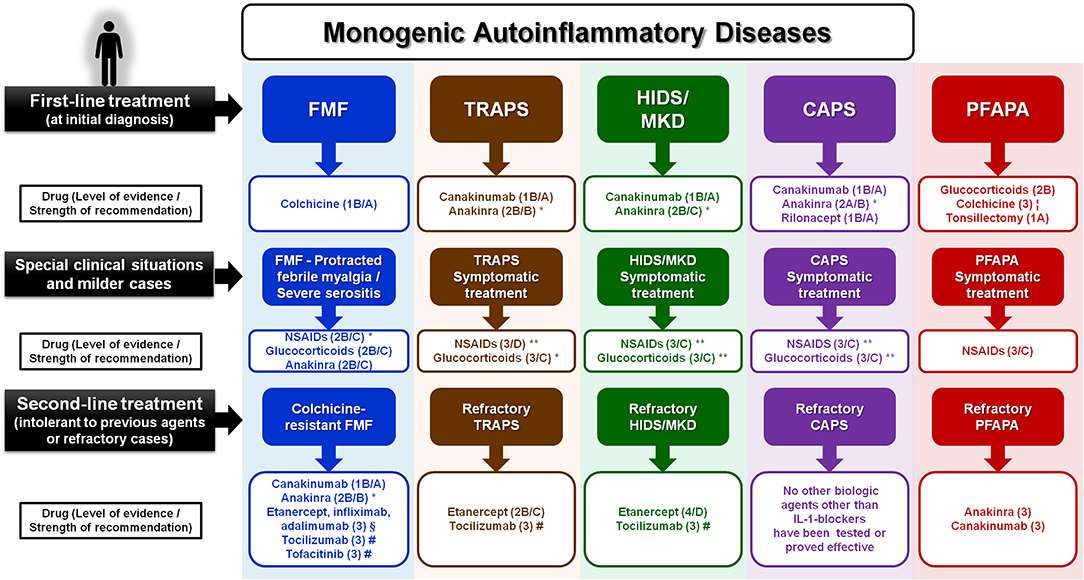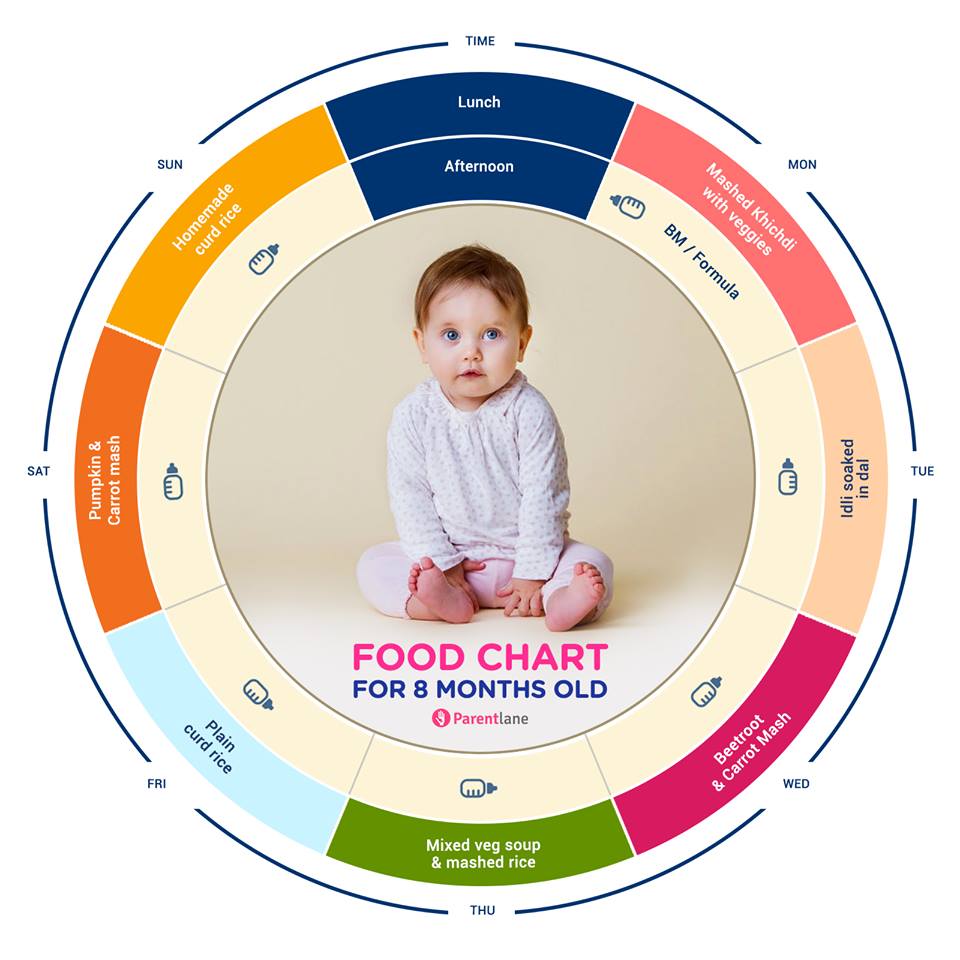It is who it affects getting diagnosed and treatment optionsMany of these diseases present with recurrent fevers and are termed the periodic fever syndromes although other features may sometimes. The periodic fever syndromes are recurring episodes of fever and inflammation which can be very painful affecting the abdomen chest joints skin andor eyes.
 Frontiers Current Therapeutic Options For The Main Monogenic Autoinflammatory Diseases And Pfapa Syndrome Evidence Based Approach And Proposal Of A Practical Guide Immunology
Frontiers Current Therapeutic Options For The Main Monogenic Autoinflammatory Diseases And Pfapa Syndrome Evidence Based Approach And Proposal Of A Practical Guide Immunology
Systemic juvenile idiopathic arthritis.

Periodic fever syndrome chart. Periodic fever syndromes PFS are a group of rare autoinflammatory diseases characterized by inappropriate uncontrolled and often spontaneous signs and symptoms of inflammation. With Periodic Fever Syndrome HIDS Mevalonate Aciduria MA Mevalonate Kinase Deficiencies such as HIDS MA are also referred to as MKD Chronic Recurrent Multifocal Osteomyelitisaka Synovitis Acne Pustulosis Hyperosto-sis Osteitis Syndrome Juvenile Systemic Granulomatosis aka Blau syndrome Pediatric Granuloma-tous Arthritis PGA. This is the most complete up to date and searchable database based on our comparative chart and it is easy to print out individual pages.
Patients exhibit characteristic. The inherited diseases described below usually present in childhood as does another disease of uncertain cause called PFAPA syndrome. Affected children present with a mean of 45 days of fever 39C which recurs regularly every 38 weeks.
Muckle-Wells syndrome MWS NOMIDCINCA. PFAPA is a chronic condition- often-noted first in children under five that is characterized by periodic episodes of high fever occurring every four weeks. Regular recurring fevers that begin at 5 years of age.
Recurrent fevers or inflammation can often be mistaken for recurrent infections. FMF is the most common inherited periodic fever syndrome. Formerly known as familial Hibernian fever TRAPS can cause abdominal pain diarrhea muscle pain swelling around the eyes painful skin rashes and body pain that moves around the body in addition to episodic fevers.
Majeed Syndrome MJDS Chronic Recurrent Multifocal Osteomyeletis CRMO PAPA. Periodic fever syndromes continued Appendix 1. Recurrent fever and flares can occur weekly or only a few times a year.
The fever quickly rises to 103-106 degrees and stays high for three to six days. Hyperimmunoglobulinemia D syndromeMevalonate Kinase Deficiency. PFAPA syndrome or Marshalls syndrome is a periodic fever syndrome that usually occurs in children under 5 years of age.
Periodic Fever Aphthous Stomatitis Pharyngitis and Cervical Adenitis PFAPA Syndrome. Familial Mediterranean Fever FMF Hyper-IgD Syndrome HIDSMKD. Autoinflammatory syndromes formerly known as periodic fever syndromes are a heterogeneous and ever increasing group of rare inflammatory disorders that manifest with recurrent fevers andor inflammatory episodes see Table 415.
Clinical andor genetic criteria for periodic fever syndromes PFAPA periodic fever apthous stomatitis pharyngitis and adenitis Patients fulfilling all the following criteria. Periodic Fever Syndrome Chart Information on Periodic Fever Aphthous Stomatitis Pharyngitis Adenitis Syndrome in children. The most common hereditary periodic fever disorders are familial Mediterranean fever FMF tumor necrosis factor TNF receptorassociated periodic syndrome TRAPS and hyperimmunoglobulinemia D syndrome HIDS Table 157-1.
Comparison Chart of Systemic Autoinflammatory Diseases Involving Periodic Fevers. Children GOSH How to get referred. Also known as mevalonate kinase-associated periodic fever syndrome fevers can get quite high in this condition.
This is a somewhat more common periodic fever syndrome but many physicians are often unaware of this condition. In specific ethnic groups the carrier frequency of MEFV variants is up to 15 people. These disorders characterized by clinical and biologic evidence of inflammation in the absence of antigen-specific immunity include Familial Mediterranean fever FMF Tumour necrosis factor receptor-associated periodic syndrome TRAPS Cryopyrin-associated periodic fever syndromes and mevalonate kinase deficiency or hyperimmunoglobulin D syndrome.
You may also experience skin rashes. Infancy to under 20 years of age for the onset of the first symptoms. Tumor necrosis factor receptor associated periodic syndrome.


